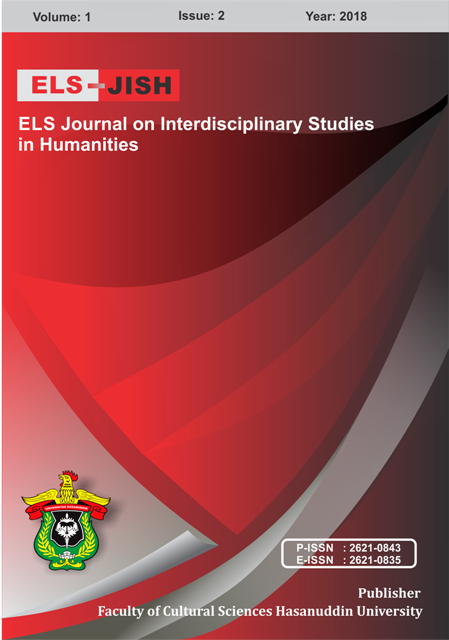The Use of Modalities in Indonesian Divorce Mediation Discourse
DOI:
https://doi.org/10.34050/els-jish.v1i2.4305Keywords:
Modalities, Divorce Mediation DiscourseAbstract
Language is more than just a tool of communication. Beyond, it is a window to see how people organize their understanding and expression of conflict, including in a divorce. Divorce mediation then can be an alternative for dispute resolution process. The speakers’ (spouses and mediator) judgment and attitude towards the topic discussed in divorce mediation are implied in language they use in making statement, response or feedback related to the problems. It deals with one of linguistic features known as Modality. This research therefore, aims to identify the modalities used by Indonesian speakers in divorce mediations and to explain their attitude toward the problems discussed in divorce mediations and toward interlocutors. The research was conducted using Halliday’s theory of Modality. The result of this research shows kinds of modalities used by Indonesian speakers in divorce mediations discourse; specifically in the type, orientation, and the value of modality. The mediator mostly used probabilities and the wife mostly used inclinations. Besides, the mediator and husband mostly used low value modalities. Furthermore, in Indonesian divorce mediation discourse, the mediator, husband, and wife mostly used subjective-implicit. The topic discussed in Indonesian divorce mediation is about reuniting the husband and wife who planned to have a divorce.






